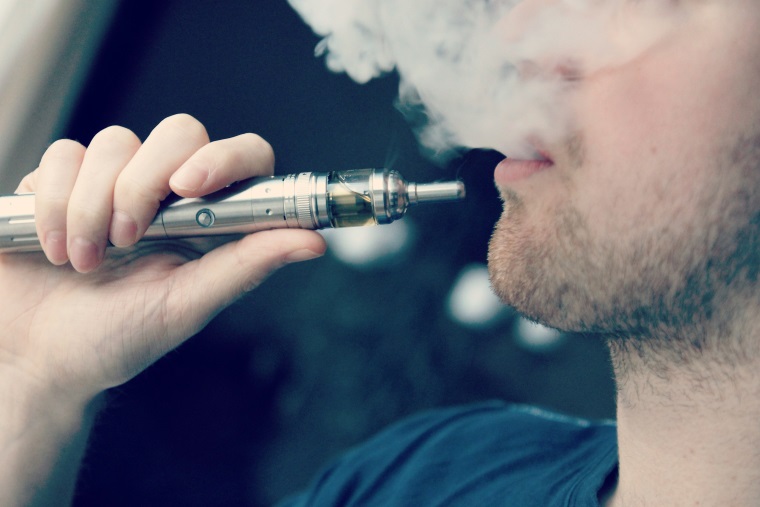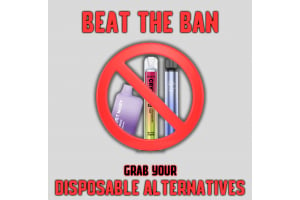Will there be more vaping restrictions?

In 2017, the vaping industry faced its biggest challenge; The Tobacco Products Directive.
Restrictions to trade, packaging and products on the market proved to be a point of contention between vapers and the government, but UK vapers were quick to adjust to the new rules.
However, despite widespread compliance and the promise that no further changes would come into effect, it seems that TPD isn't done with us just yet.
TPD was intended to be a 'light touch' approach to vaping, which would establish tough, but fair trading standards on what was previously an unregulated market.
Limiting bottle sizes to 10ml, tank sizes to 2ml and enforcing new liquid content bans were all part of normalising the trade of e-cigarettes, allowing standardised taxation and consistency of quality across the endless span of vaping products.
TPD was not met positively by the industry, which lead retailers and manufacturers to claim that the restrictions could have a irreparable impact on an industry with a potentially enormous positive impact on public health.
However, the regulations have been closely followed by both the vaping public and its businesses.
It was believed, therefore, after many reassurances from trading bodies and the UK government, that the worst was over.
Unfortunately, it looks like this is no longer the case.
The Medicines and Healthcare Regulatory Authority (MHRA) has shown distaste at the fact that many loopholes in the regulations have been found.
Within the regulations, businesses have found means to provide items that were previously available before TPD. This has resulted in many products deemed restricted finding their way back to the market legally.
Due to this, there is the threat of an extended response to vaping, with considerably harsher restrictions in the works. After only a few months, the changes to such recent regulations could be disastrous for the industry.
This is with particular focus on larger bottles of zero nicotine e-liquid, sold with an optional nicotine 'shot', which, while perfectly legal, goes against the intended function of TPD.
While no changes have been set into motion, it is likely that further changes could hit the industry in the near future. The extend of these changes is unknown, but it is highly probable that it will target specific loopholes.
Much of TPD can be considered illogical. Restrictions on bottle size does indeed allow for a more regulated tax, but it is hard to see why larger amounts of e-liquid per purchase could result in any form of harm. This is a trend throughout many of the limitations.
Some have claimed that TPD is far more of a moral institution rather than a set of practical regulations. It is likely that current authorities hold a stigma against vaping, fearing that any leniency to the industry could result in another scandalous enterprise mimicking the tobacco business.
This is not to say that the government and regulatory authorities are overwhelmingly against vaping. Labour MP Kevin Barron has shown repeated support for the industry and has made it clear he disagrees the EU restrictions.
But so many are silent, and a continued state of ambivalence to vaping could allow the industry to suffer harsher and harsher legislation without contest.
So, to answer the question. Will there be more vaping restrictions?
Currently, it is extremely likely that we will see further changes, but the extent is still unknown. Should legislation become hostile and impact the industry in a damaging way, it could lead to some dramatic reshuffling of how vaping businesses can trade.
Will vaping ever suffer a blow bad enough to uproot the industry entirely? It's very unlikely.
Vaping will retain its place as an alternative smoking cessation tool and it will remain in its current, open form for a long time coming.
Just don't be surprised if we see more legislation up for debate in the near future.
Image Credit Vaping 360
















